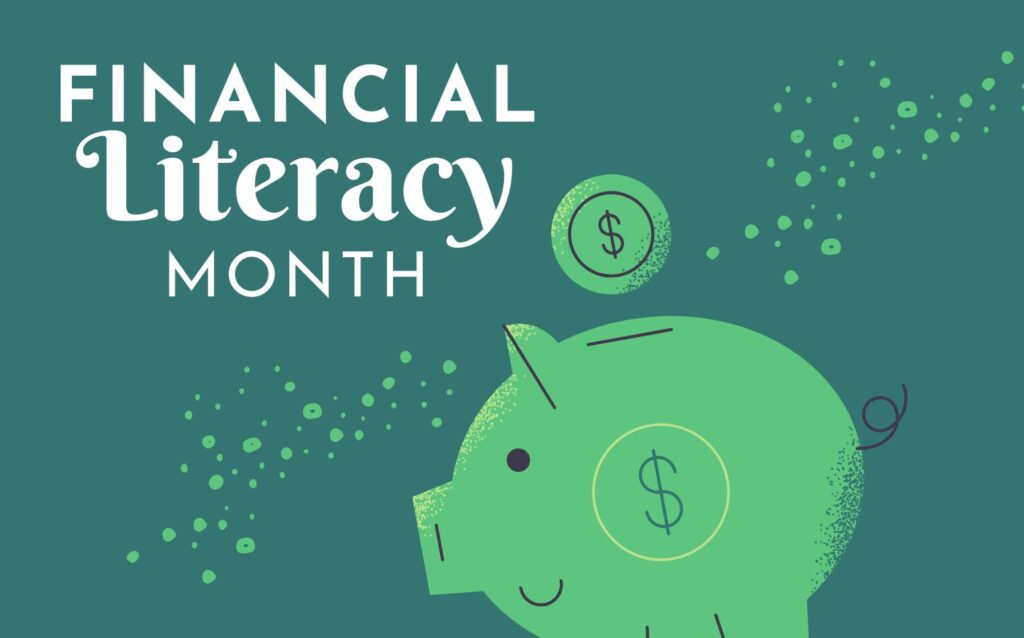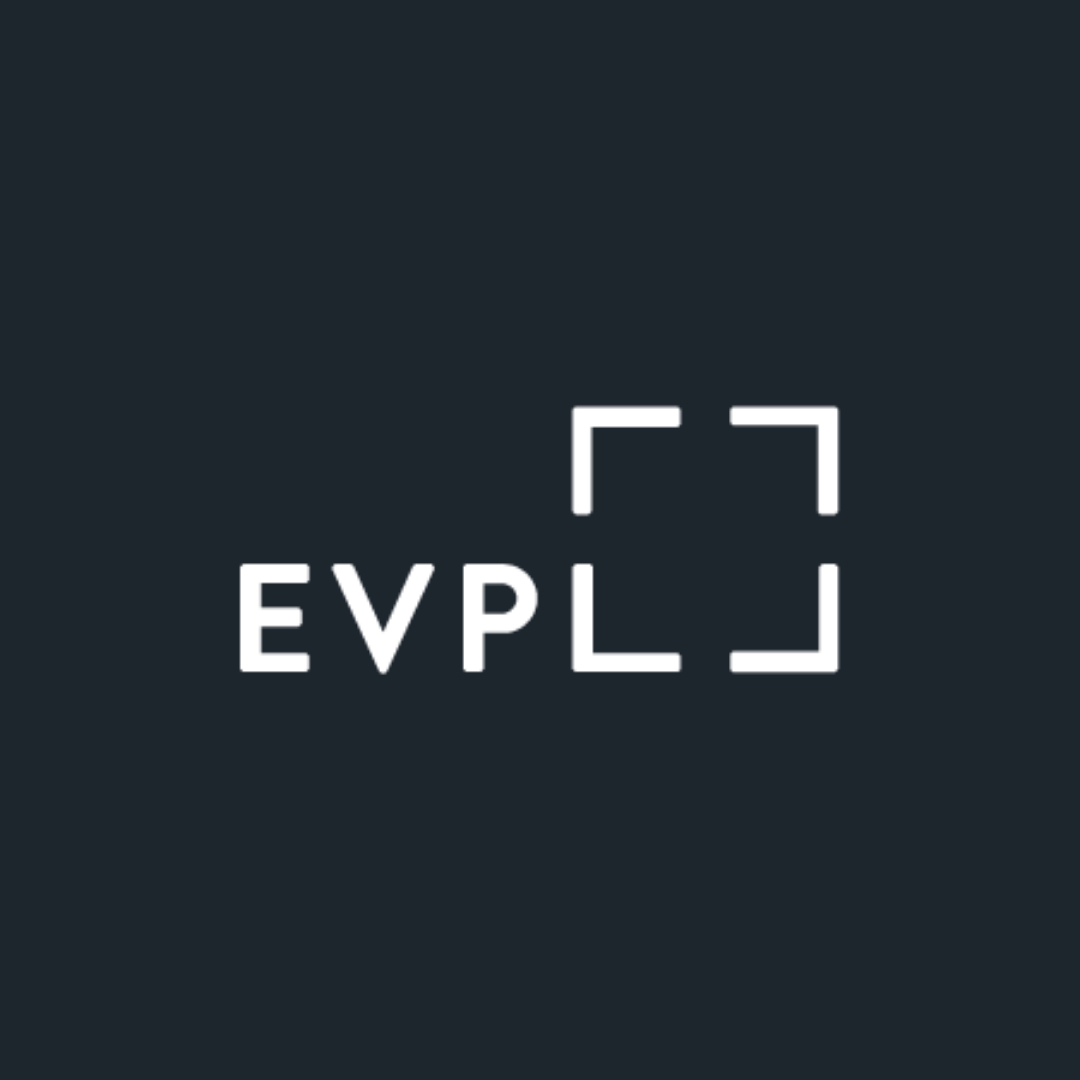“Financial Literacy”, what does this mean?
Financial Literacy is a term that we use to describe the ability to understand various resources and skills to manage your money wisely.

It can help you understand and think of your own financial future, help you make better decisions, improve your spending behavior, and help you plan out your overall financial wellness. You can begin anywhere from creating your first piggy bank to investing in a retirement plan!
Why is it so important?
National Financial Literacy Month is recognized every April as a way to help raise public awareness of how individuals can learn and maintain smart money management habits.
Financial Literacy isn’t a topic that’s heavily discussed, and many Indiana schools currently do not require a financial literacy course to graduate high school. Senate Bill-35 may change that, beginning with the graduating Class of 2027. However, financial literacy is something that affects everyone immediately after finishing school.
Let’s face it, no one likes to talk about money! But if you don’t know how to start, you may not be aware of all your options. Creating a budget, filling out employment paperwork for your first job, and filing taxes are all part of financial literacy.
The more you know and the more tools you have at your disposal, the better prepared you are in all different stages of your life. Understanding and thinking of your financial future can help you make better decisions, improve your spending behavior, and help you plan out your overall financial wellness.
Things you can do!
Children:
- Coin sorting: Children can learn to observe and compare different types of money.
- Create a piggy bank: This can help teach children about saving and budgeting.
- Talk about everyday purchases: Have a conversation when you and your child are at the grocery store or out on your errands. What are you buying? How much are you spending? Why are you buying it?
Teens:
- Save up: Saving for your first apartment, first car, or college can help you feel more financially secure for your next step in life.
- Create a resume: This will help you think about where you want to go next.
- Open a checking/savings account: Check with your local bank to see what options are available.
Adults:
- Start a small emergency fund: This can help families in those times of unexpected financial emergencies such as a fire, car breakdown, job loss, etc.
- Renting vs. buying: Create a list of pros and cons between renting or buying, and try to determine what is right for you.
- Life insurance: While no one likes to think about this topic, if there is anyone depending on your income, you need life insurance to ensure they’re financially stable if the unthinkable happens.
- Open a retirement account: Will you retire one day? It’s best to start thinking about retirement as soon as possible.
No matter where you are in your financial knowledge or situation, EVPL has your back! From learning basic money principles, applying for loans, starting a business, to learning about debt.
What can EVPL do for you!
Financial Literacy is not a “one size fits all” conversation. Everyone’s situation is different.
Check out our Catalog for materials related to Financial Literacy. We also have several databases available free to the public such as:
and more.
Other Free Resources:
- National Credit Union Administration: Financial Literacy & Education Resource Center
- USAGov: Free Application for Federal Student Aid (FAFSA)
- Consumer Financial Protection Bureau: Youth financial education




